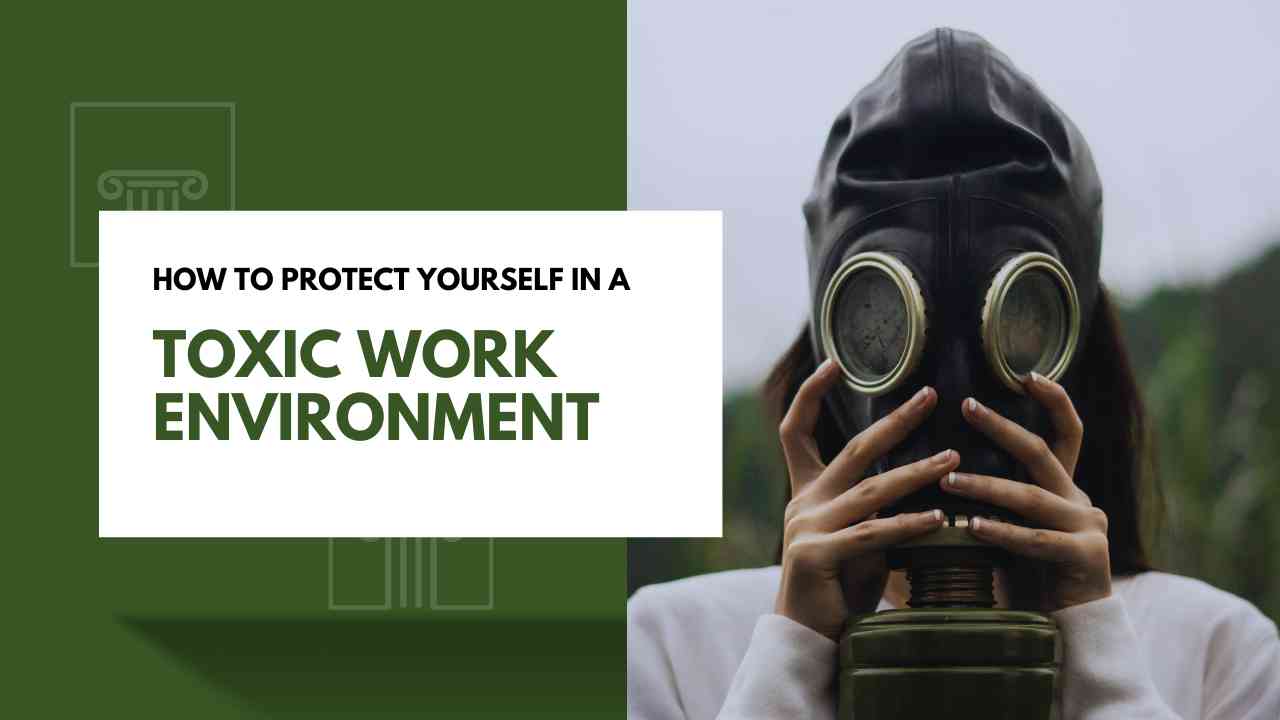
Hi! beautiful people. I`m an authtor of this blog. Read our post – stay with us

Unfairly treated or fired at work?

A toxic work environment is more than just an unpleasant place to spend your day—it’s a workplace where bullying, harassment, intimidation, or persistent negativity undermine your well-being and performance.
We’ve helped many clients navigate the fallout from toxic workplaces, and we know the toll it can take on your mental health, your career, and even your sense of self-worth.
In Canada, employees have strong legal rights to a safe and respectful workplace, and knowing how to protect yourself is the first step toward reclaiming your peace of mind.
Toxic workplaces can take many forms. We’ve seen clients endure constant criticism or public shaming, sometimes in meetings or group emails. Bullying and harassment—whether from a manager or a coworker—are unfortunately common, and can include everything from exclusion and gossip to outright intimidation.
Favouritism, lack of transparency in promotions or discipline, poor communication, and unrealistic expectations are all red flags. Perhaps most insidious is the lack of support for mental health; when employees are struggling, a toxic workplace often ignores or even punishes those who speak up.
If you find yourself in a toxic environment, your first priority is to protect yourself—both emotionally and legally. Start by documenting everything. Keep copies of emails, notes from meetings, text messages, and any reports or complaints you file. We’ve helped clients whose detailed records made all the difference in proving their claims later on.
It’s also important to limit your emotional reactions. Staying professional doesn’t mean being passive, but it does mean responding calmly and not giving anyone ammunition to use against you. Set boundaries where possible—know when to say no to unreasonable demands, and prioritize your own well-being. Many of our clients have found it helpful to talk to a therapist or join a support group to process what they’re experiencing.
Raising concerns internally can feel daunting, but it’s often a necessary step. Start by approaching your manager or HR department, and put your concerns in writing. Clearly outline what has happened, when, and who was involved.
Focus on facts, not feelings, and suggest possible solutions or accommodations. During tough conversations, try to stay calm and focused—bring your notes, and if possible, have a trusted colleague present as a witness.
If your employer has a harassment or respectful workplace policy, follow the steps outlined there.
Canadian employment law and human rights legislation are clear: you have the right to a workplace free from harassment and discrimination. Employers are legally responsible for preventing and addressing toxic behaviour, whether it’s coming from a manager, a coworker, or even a client. If you’re being harassed or bullied, your employer must take your complaint seriously and investigate thoroughly.
If the situation is severe or ongoing, it may amount to constructive dismissal—meaning the law treats your resignation as if you were fired, entitling you to severance and other compensation. This can happen if your employer fails to address your complaints, demotes you, or makes your working conditions intolerable.
Sometimes, internal complaints aren’t enough. If HR ignores your complaint, you experience retaliation or demotion after reporting, your health is suffering, or you’re considering quitting, it’s time to seek legal advice.
We’ve represented clients in situations where the employer’s failure to act led to successful claims for constructive dismissal, human rights violations, and significant financial settlements.
A lawyer can help you understand your options, whether that means negotiating a safe exit, pursuing damages, or filing a complaint with a human rights tribunal or labour authority.
You’re not alone—many Canadians have faced toxic workplaces, and there are clear legal protections in place to support you. Protecting your peace and your career starts with knowing your rights,
documenting your experience, and seeking help when you need it.
If you’re struggling in a toxic work environment, we’re here to help you navigate your options and advocate for the fair treatment you deserve. Don’t hesitate to reach out for advice—your well-being is worth it.

I’m Saad Mirza, the founder of Thrive Law, a employment law firm dedicated to helping employees across Ontario navigate challenging job terminations and workplace issues.
Copyright © 2025 All Rights Reserved By Thrive Law